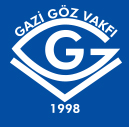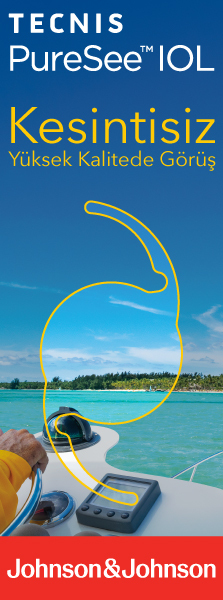Methods: Data from 63 patients with neovascular age related macular degeneration were analyzed retrospectively. Patients were divided into two groups based on micronutrient support. Best-corrected visual acuity measured by ETDRS charts, central macular thickness assessed by optical coherence tomography, and the number of anti-vascular endothelial growth factor injections were compared between the two groups. Statistical analyses were conducted employing Student?s t-test, Mann-Whitney U test, and paired sample t-test.
Results: Among the 63 patients included, 33 received micronutrient support while 30 did not. The mean follow-up duration was 3.94±1.17 years in the supported group and 3.10±1.58 years in the unsupported control group. There was no significant difference either in age or gender distribution between the two groups (p= 0.44, p=0.10, respectively). Baseline best-corrected visual acuity (p=0.19) and central macular thickness (p=0.23) were similar. Patients receiving supplements had been on this regimen for approximately 4 years. No statistically significant distinctions were observed in the average alterations of best-corrected visual acuity (p=0.49), central macular thickness (p=0.09), and the number of anti-vascular endothelial growth factor injections (p=0.20) between the two groups.
Conclusion: This study found no significant difference in treatment response between neovascular age related macular degeneration patients receiving and not receiving micronutrient supplements. Despite previous preclinical evidence suggesting potential benefits of supplementation, clinical outcomes did not support their superiority in this cohort. Further research is warranted to elucidate the role of supplements in neovascular age related macular degeneration management.
Keywords : Anti-vascular endothelial growth factor, micronutrition, supplement, wet type AMD




